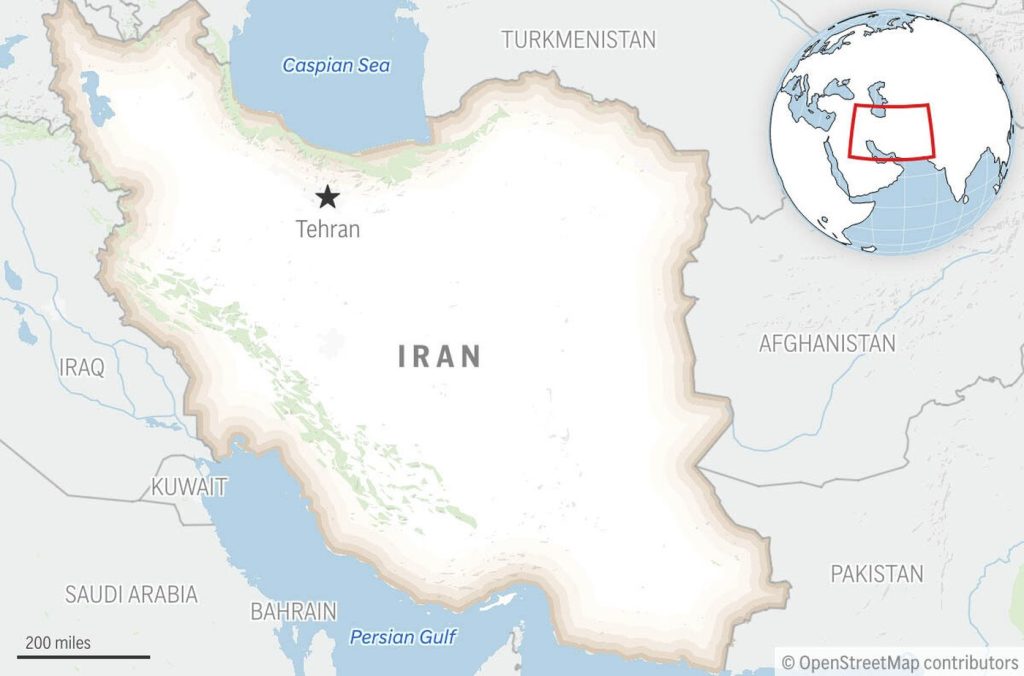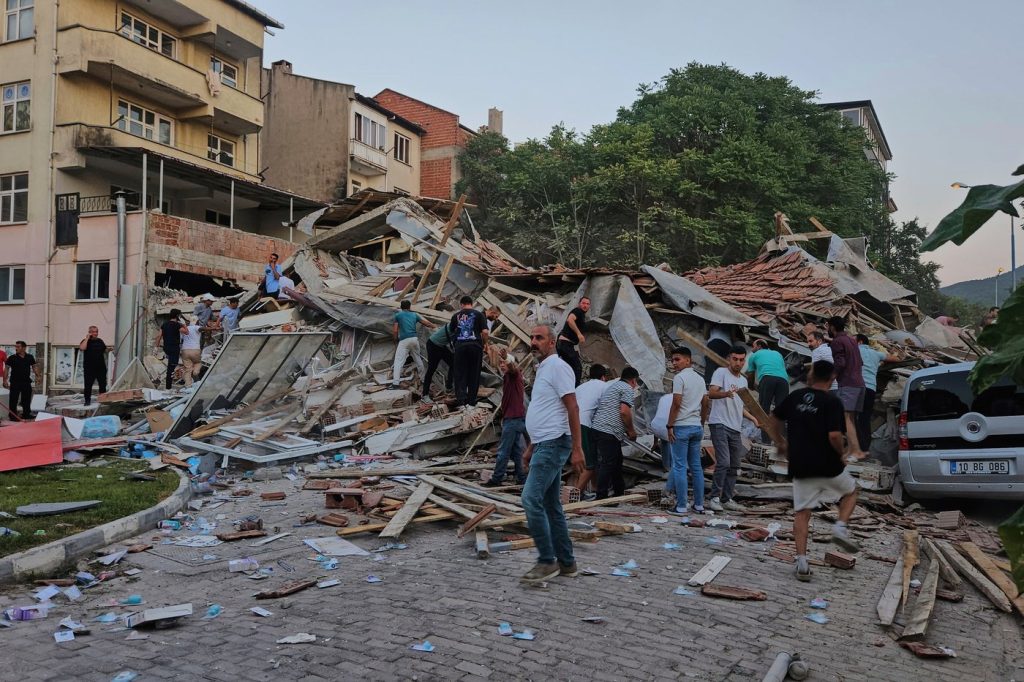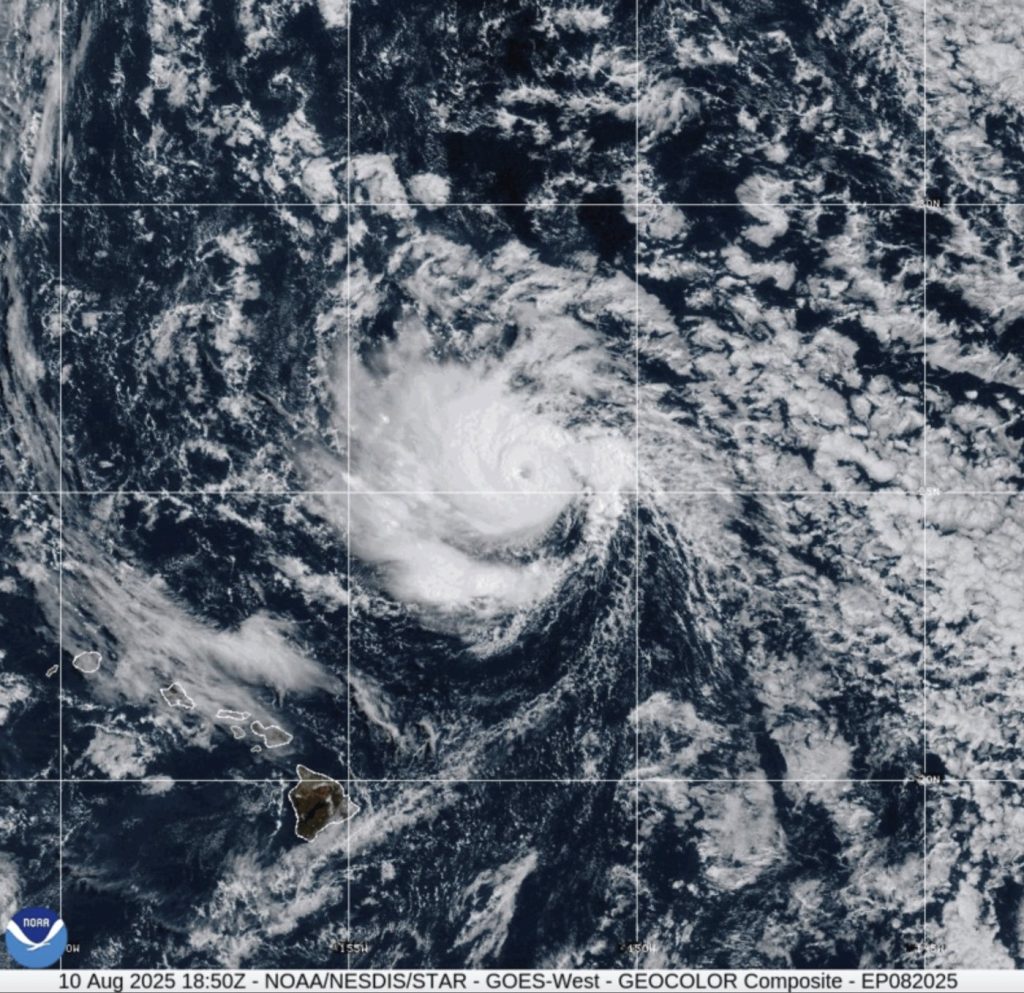TEHRAN (AP) — The deputy head of the United Nations' nuclear watchdog, the International Atomic Energy Agency (IAEA), is set to visit Iran in an effort to mend deteriorating relations, as announced by the Islamic Republic's Foreign Minister Abbas Araghchi on Sunday. This visit, scheduled for Monday, marks the first such trip after the intense 12-day conflict between Israel and Iran in June, which resulted in attacks on several of Iran's critical nuclear facilities.
Foreign Minister Araghchi clarified that there would be no inspection of Iran's nuclear sites during the IAEA official's visit. He highlighted the decision taken by Iranian President Masoud Pezeshkian on July 3, which ordered a suspension of cooperation with the IAEA following American and Israeli airstrikes that targeted key nuclear infrastructure. This suspension is expected to significantly hinder the ability of international inspectors to monitor Iran's nuclear program, which has been enriching uranium to levels nearing those suitable for weapons-grade material.
Araghchi emphasized that unless a new framework for cooperation is established, there would be no ongoing collaboration with the IAEA. He further noted that any future cooperation would be contingent upon approval from Iran’s Supreme National Security Council, the country’s top security authority. This statement reflects Tehran's approach of limiting IAEA inspections as a strategic move in negotiations with Western powers.
The history of IAEA inspections in Iran has been marked by restrictions and limited access, often as leverage during diplomatic discussions. The timeline for the resumption of talks between Tehran and Washington regarding a nuclear deal remains uncertain. Both U.S. intelligence agencies and the IAEA have determined that Iran effectively ended its organized nuclear weapons program in 2003. However, recent activities have seen the country enrich uranium up to 60%, a level that is a few technical steps away from achieving the weapons-grade enrichment threshold of 90%.
The backdrop of these developments also involves a significant military conflict, as noted in the passage. In June, the U.S. conducted airstrikes on three major Iranian nuclear sites amidst an escalating air war between Israel and Iran. This conflict resulted in nearly 1,100 fatalities in Iran, including numerous military personnel and nuclear scientists, while Israel reported 28 deaths. This exchange of military aggression underscores the precarious situation surrounding nuclear capabilities and international diplomacy in the region.
In summary, the upcoming visit of the IAEA deputy head to Iran represents a crucial moment amid heightened tensions and a complex geopolitical landscape. The absence of IAEA inspections and the suspension of cooperation as dictated by Iran's leadership reflect the challenges faced in addressing nuclear non-proliferation concerns and fostering dialogue for a peaceful resolution to the nuclear debate.












